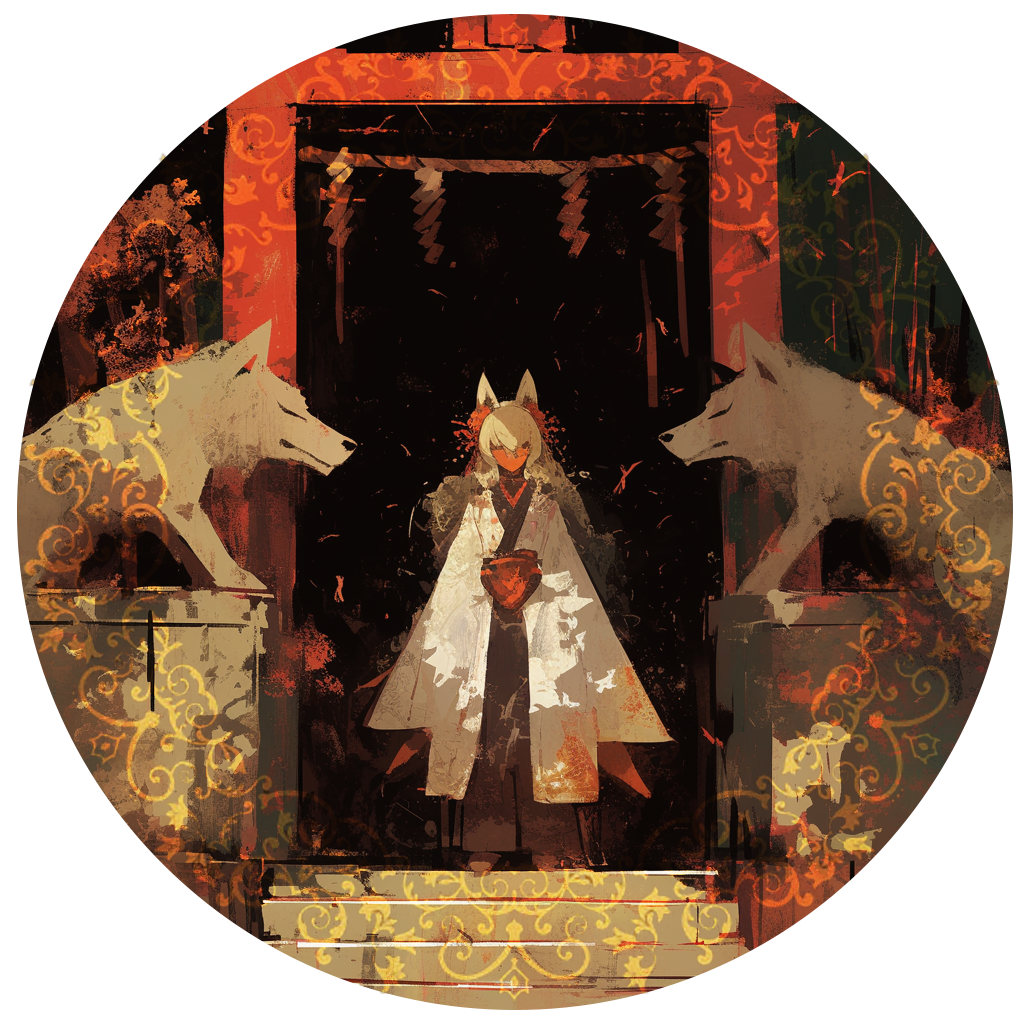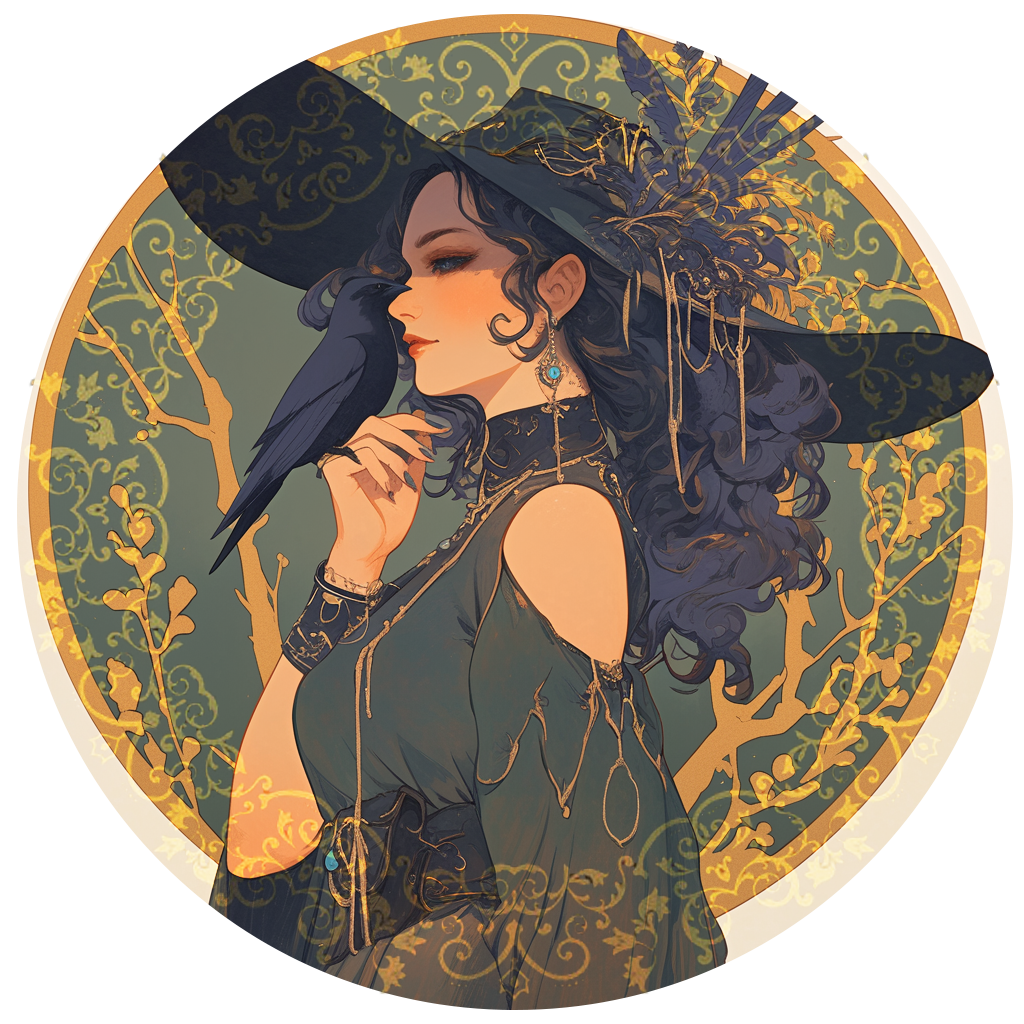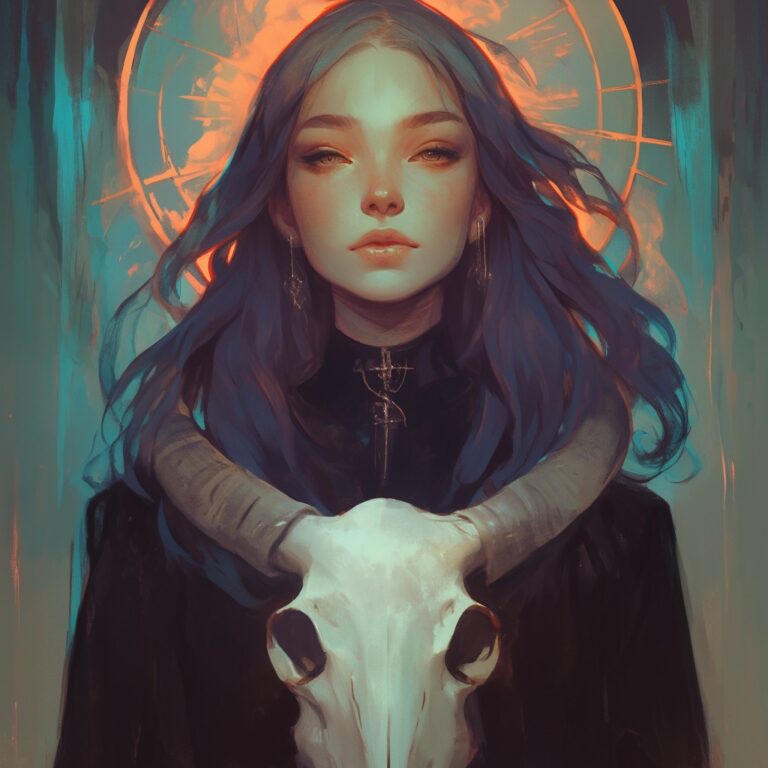In previous discussions, we have established what Paganism is and highlighted some key differences between Pagan beliefs and the dominant Western belief systems. One significant difference that warrants further exploration is the concept of “Rules of Worship” or “Dogma.”
Understanding Dogma
Dogma is defined as a principle or set of principles laid down by an authority as incontrovertibly true. Most branches of Christianity, for example, adhere to a rigid dogma. These “Rules of Worship” provide uniformity and consistency across various Christian denominations.

Dogma in Pagan Beliefs
While many Pagan traditions have their own forms of dogma, it is not a universal characteristic. Examples of Pagan paths with structured dogma include Japanese Shinto, certain forms of Voodoo, and even atheism, which can exhibit rigid principles regarding disbelief in deities. However, there are also branches of Paganism that intentionally avoid dogma to maintain flexibility and adaptability in their spiritual practices.
Eclectic Paganism and the Avoidance of Dogma
Eclectic Paganism is a branch that specifically seeks to avoid rigid dogma in favor of a more adaptable and fluid approach to spirituality. Rather than adhering to a strict set of “Rules of Worship,” Eclectic Pagans follow a guiding philosophy based on universal truths. These truths are rooted in the idea of Omnism, which posits that while all religions contain elements of truth, no single belief system holds the entire truth.
The Role of Universal Truths in Eclectic Paganism
Universal truths serve as a compass for Eclectic Pagans, allowing them to navigate their spiritual paths without the constraints of dogma. Omnism, for instance, encourages the recognition of commonalities across various spiritual traditions. By adopting an unbiased perspective, Eclectic Pagans can identify shared moral principles and spiritual insights that transcend individual belief systems.
Creating a Personal Practice

Eclectic Paganism strives to create a personal and individualized spiritual practice. Instead of following a strict set of rules, Eclectic Pagans integrate universal commonalities from different spiritual paths into their worship. This approach fosters a deeper understanding of spirituality as a whole and allows for a more personalized and meaningful practice.
Conclusion
In summary, while many Pagan traditions have their own dogma, Eclectic Paganism intentionally avoids rigid rules in favor of a more adaptable approach. By embracing universal truths and the philosophy of Omnism, Eclectic Pagans can create a personal and flexible spiritual practice that draws on the commonalities found in diverse religious traditions. This approach highlights the uniqueness of Paganism and its ability to evolve and adapt in the modern world.




